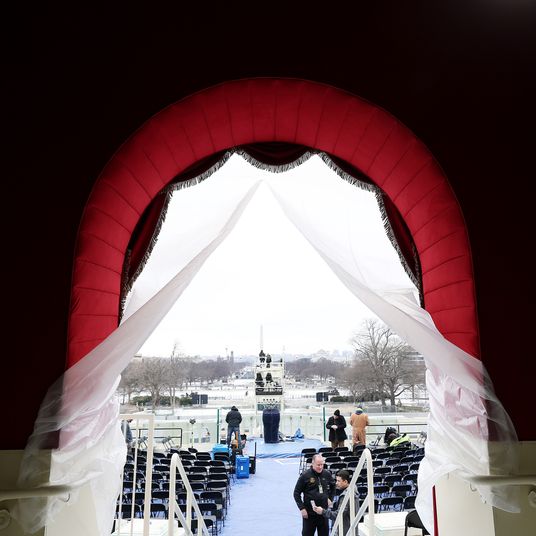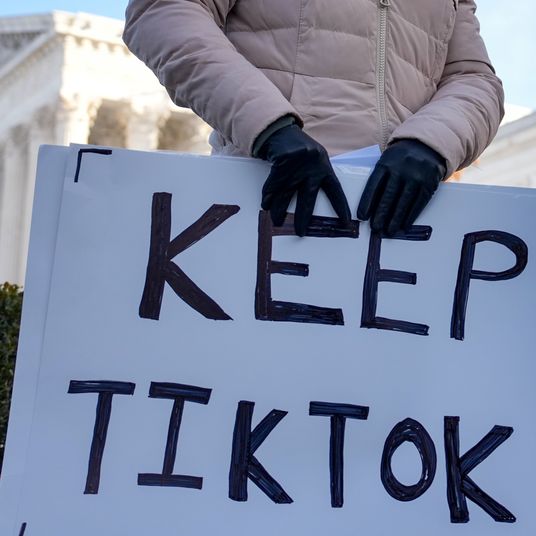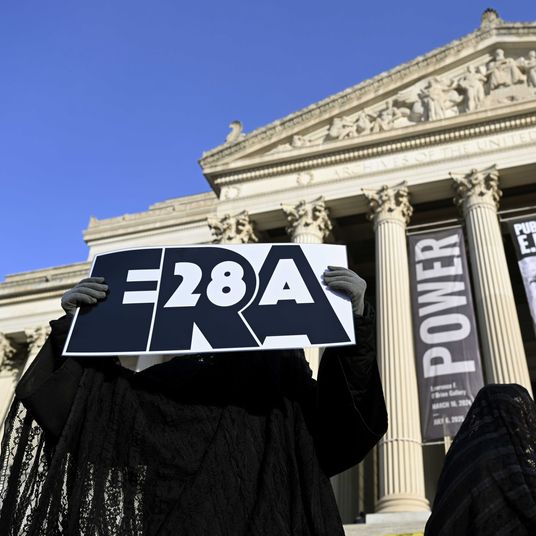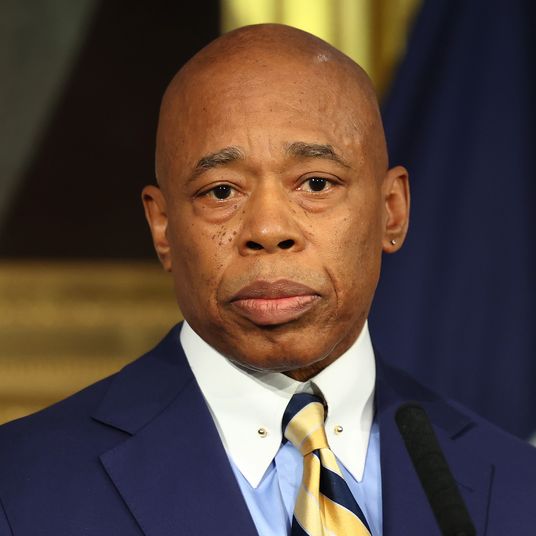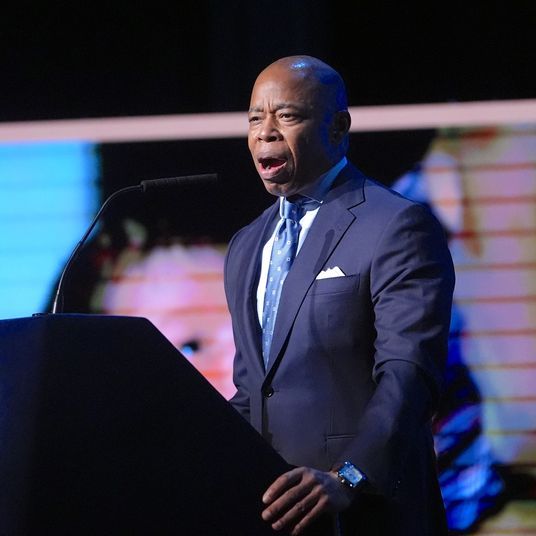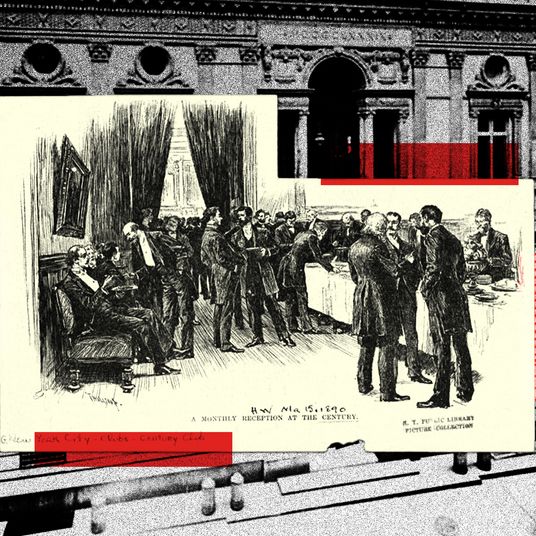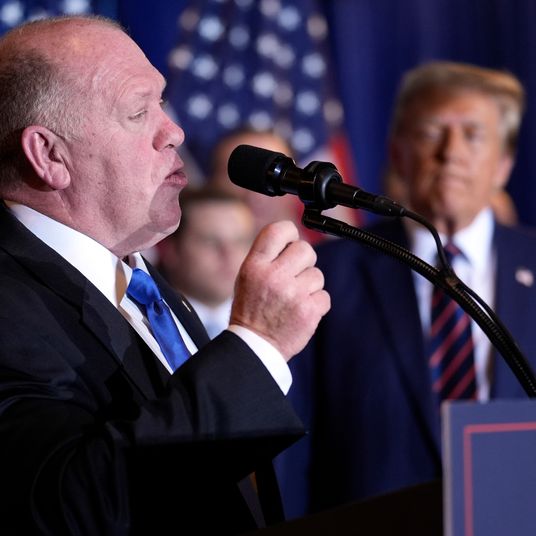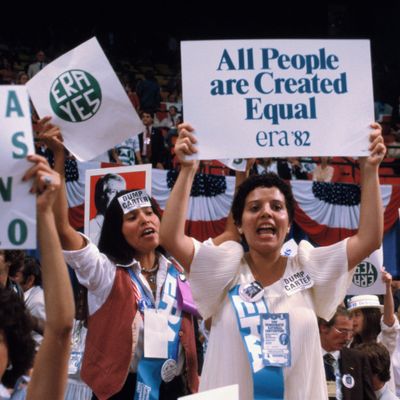
Virginia is set to become the 38th state to ratify the Equal Rights Amendment. Both chambers of the state legislature passed the ERA on Wednesday. The vote is an early victory for state Democrats, who successfully kept control of the House of Delegates last November and prioritized the passage of the ERA. A previous effort to ratify the amendment in Virginia failed last February. “For the women of Virginia and the women of America, the resolution has finally passed,” the state’s first female Speaker of the House, Delegate Eileen Filler-Corn of Fairfax, said at the conclusion of the vote.
But the ERA’s long road to ratification isn’t quite over yet. As the Washington Post explained, “Each chamber still has to approve the other’s version, even though they are identical.” There are legal and political obstacles, too. Though some Republicans joined their Democratic colleagues to pass the ERA in Virginia on Wednesday, they’re a minority within their own party. Decades after the Christian right effectively killed the ERA at the federal level, conservative opposition to the amendment remains strong.
First introduced by suffragettes in 1923, and reintroduced in Congress every year until 1972, the ERA would amend the Constitution to ban discrimination on the basis of sex. Supporters say the amendment would help shore up the right to abortion and further protect against gender-based discrimination at work. Its conservative opponents, however, worry that it would affirm the legality of same-sex marriage and lead to forced co-ed housing in the military and on university campuses, which would violate some traditional religious beliefs. Those arguments haven’t changed much from the 1970s, when Phyllis Schlafly leveraged the superficial contradictions of her position as a female conservative in order to campaign against the ERA. “The claim that American women are downtrodden and unfairly treated is the fraud of the century,” Schlafly once famously claimed. “The truth is that American women never had it so good. Why should we lower ourselves to ‘equal rights’ when we already have the status of special privilege?”
Schlafly’s rhetoric worked. Though Congress passed the ERA in 1972, it stipulated that three-quarters of the states would have to pass the amendment first by 1979, and then by an extended deadline of 1982. ERA campaigners fell three states short. Five states later revoked their ratifications, though as the Post reports, ERA supporters say there’s no constitutional basis for the states to rescind their votes. Nevada and Illinois eventually ratified the ERA in 2017 and 2018, so Virginia’s vote finally gets the ERA across the congressional finish line.
But that doesn’t mean the amendment automatically goes into effect. Earlier this month, the Department of Justice released an opinion stating that the amendment “has expired and is no longer pending before the States.” The deadline has passed, in other words, and Virginia’s vote gets the amendment no closer to reality. Supporters, however, disagree. Advocacy groups filed suit this month arguing that the deadline initially set by Congress is invalid, Bloomberg Law reported. A collection of Republican-controlled states have filed their own suit taking the opposite position.
Schlafly is no longer with us. But Virginia’s vote ensures that the culture war she helped provoke will roar back into unholy life.








